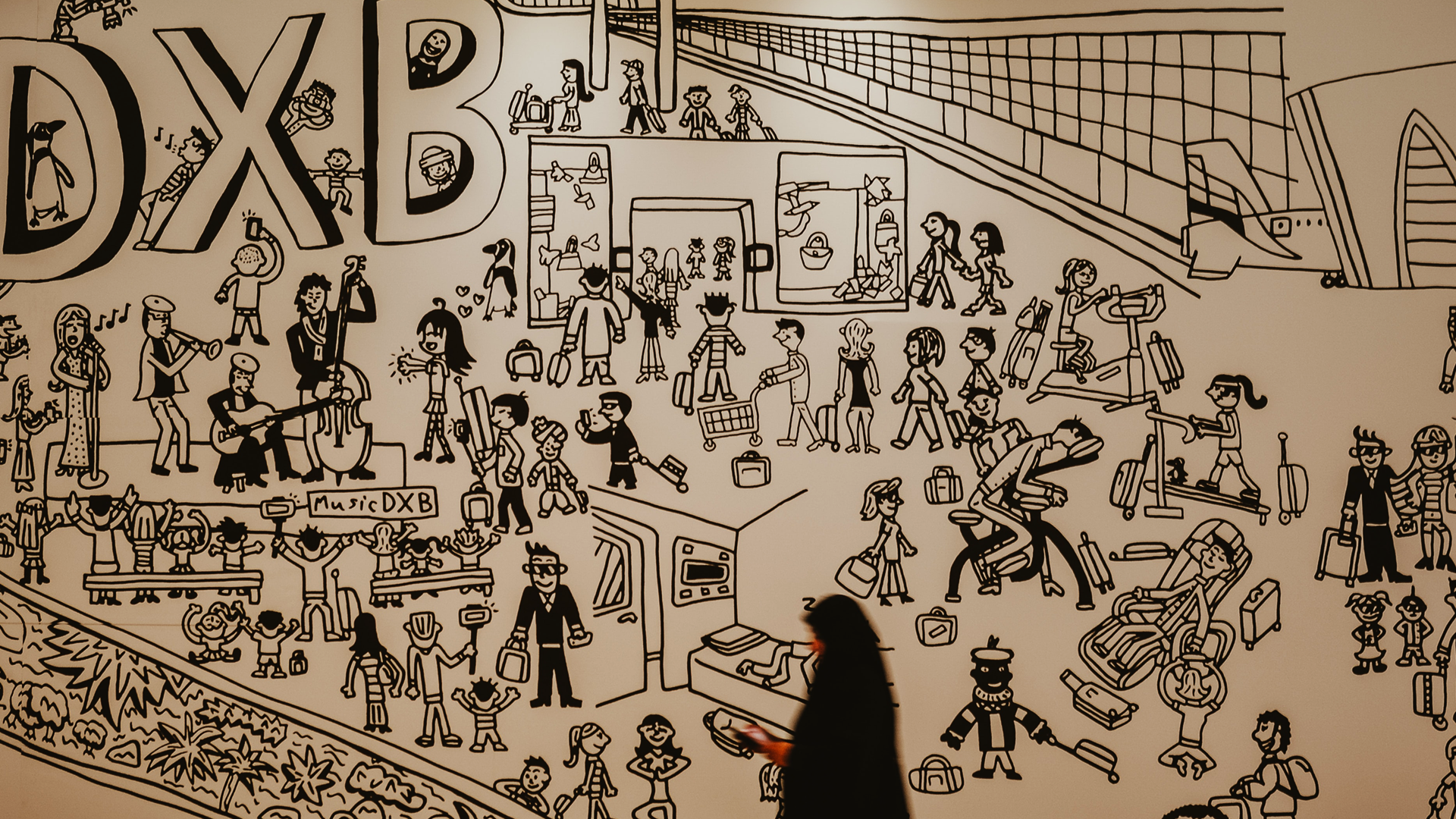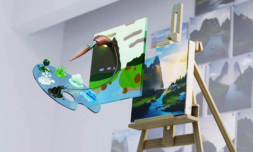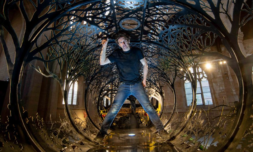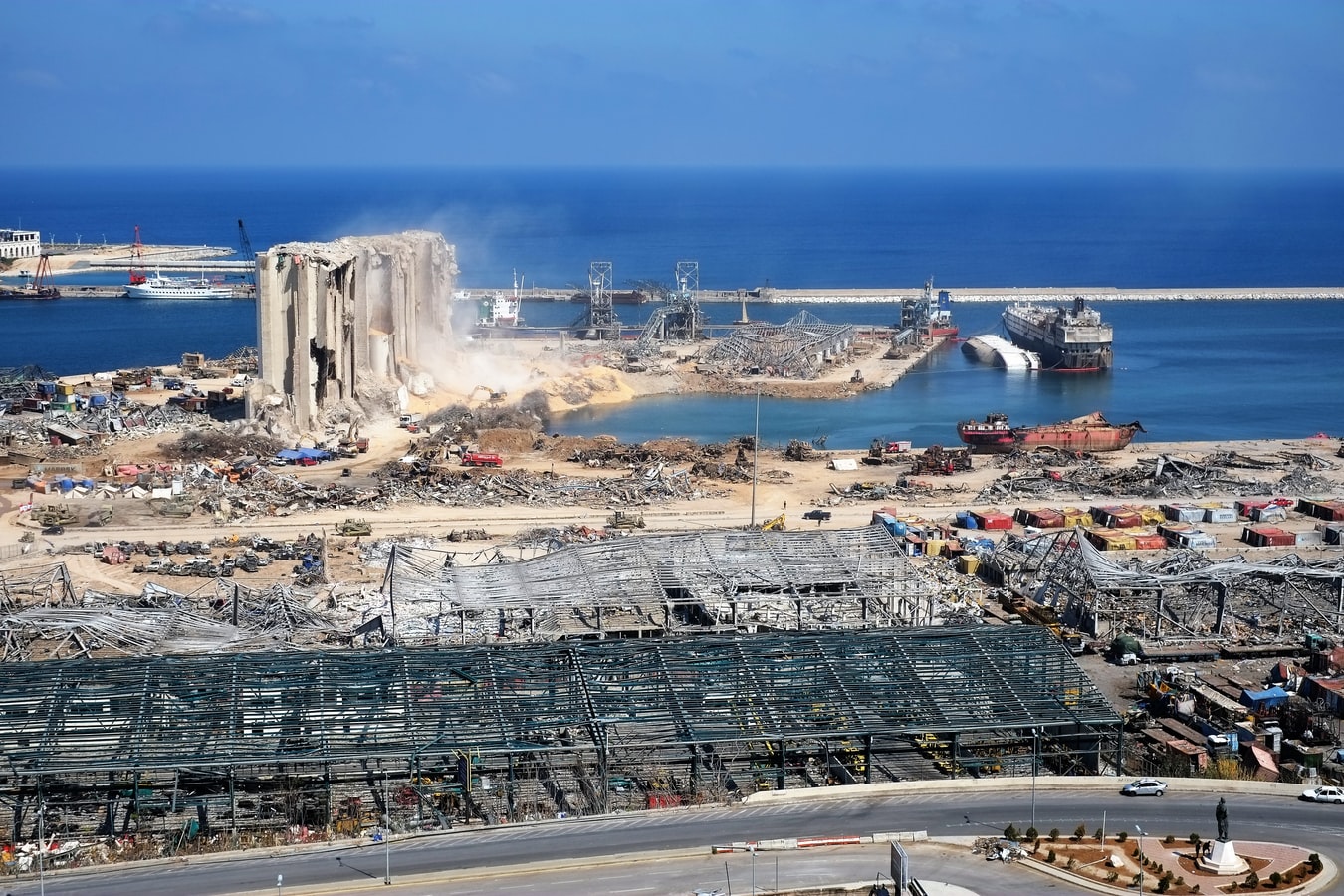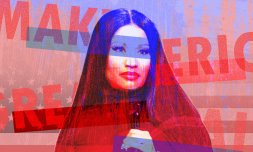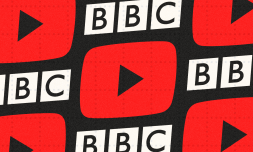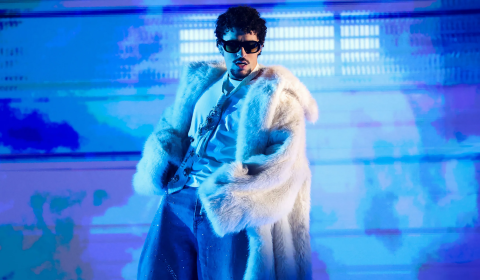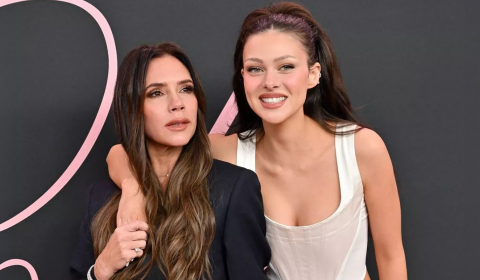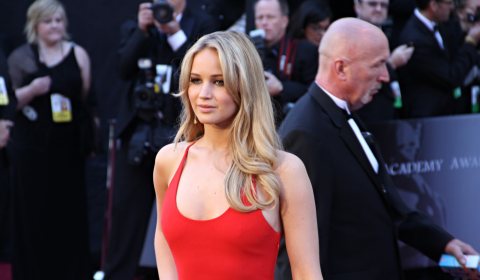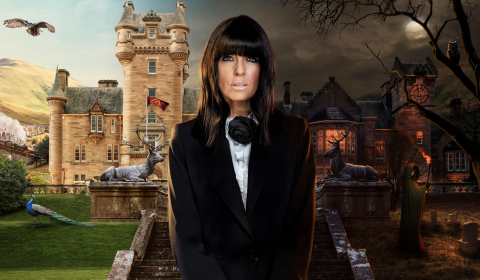Much of the Middle East has suffered from a lack of freedom of expression for years. But a new wave of artists are using images and sound to challenge censorship.
‘Fireworks can seem like bombs to some people,’ says Simon Coates, founder of Tse Tse Fly Middle East (TTFME). He’s been told in the past that his work can sometimes be too aggressive. But he doesn’t mind that.
Artists in the west have been documenting events and expressing their political views through paint strokes and rap lyrics for centuries. A prime example is Banksy, the notorious British artist and political activist, but not everyone has this freedom.
Coates is leading the wave of artists trying to change that.
He started his non-profit in Dubai in 2015 with a monthly club night featuring live experimental performances and film screenings. ‘We were loud and boisterous,’ he says. ‘But there were lines we couldn’t cross for fear of punishment.’
In 2017, TTFME was reinvented as a non-profit online platform that produces and showcases live events, radio work and artworks bringing attention to human rights and freedom of speech. Coates also produces a monthly show for UK arts station Resonance EXTRA and the occasional programme for Moscow-based New New World Radio, under the pseudonym ‘Ubu Kung’.
‘My time in the Middle East opened my eyes to how easily human beings can make other human beings suffer,’ he says. ‘Without feeling any remorse.’
In February 2020, Coates received a Special Mention for his work in the Amnesty International Brave Awards.
TTFME features artists from across the Middle East, North Africa, and India. Among them is Mariam Rezaei, an Anglo-Iranian based in Gateshead, England, who notes that a lot of work Coates does is to break the algorithm of many people’s social media accounts.
‘They are often geared towards capitalist agendas and it’s important for us to recognise that what we consume online is tailored and designed for us to observe,’ Rezaei says.









